Ridley Scott had big ideas in mind when he returned to theAlienmovie franchiseafter a 30-year absence.
Even so, theAlienprequel was uncooked in other areas, especially in regard to character development.
It felt like the discourse surroundingPrometheuswas more engaging than the final product, which dampened excitement for a sequel.
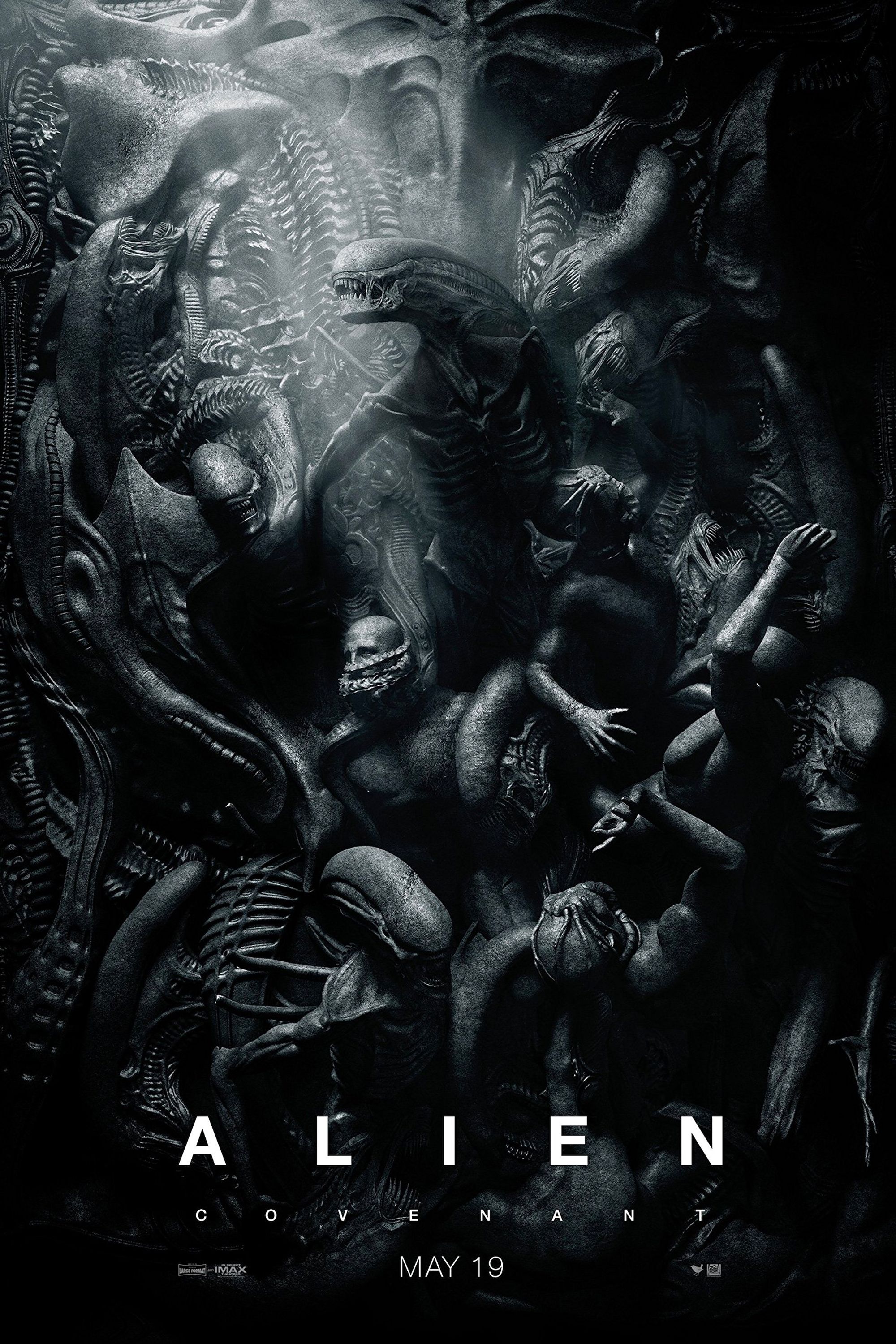
That might be whyCovenant’s$239 million haul was way down fromPrometheus’box office result.
This included the Xenomorph, Facehuggers, and other staples reappearing.
Looking back on the sequel, it’s clear Scott was far more engaged by thePrometheusside of the story.
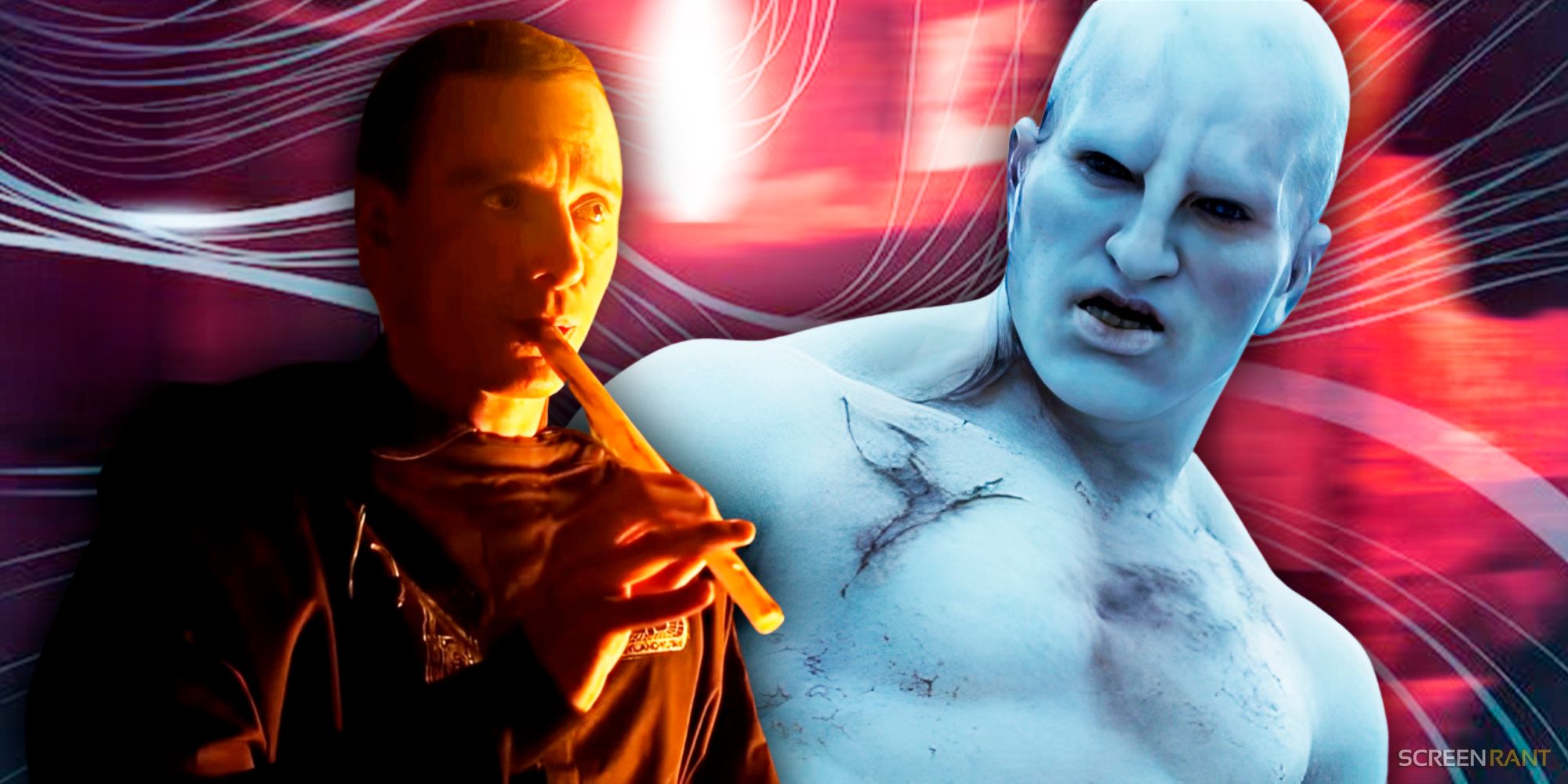
Custom image by Ana Nieves
It may not have helped thatCovenantwas a strange mishmash ofPrometheusandAlien.
The box-office response toCovenantput an immediate halt to those plans and prematurely ended the David story.
Whatever the faults of Scott’sAlienprequels, David was easily the most compelling part.
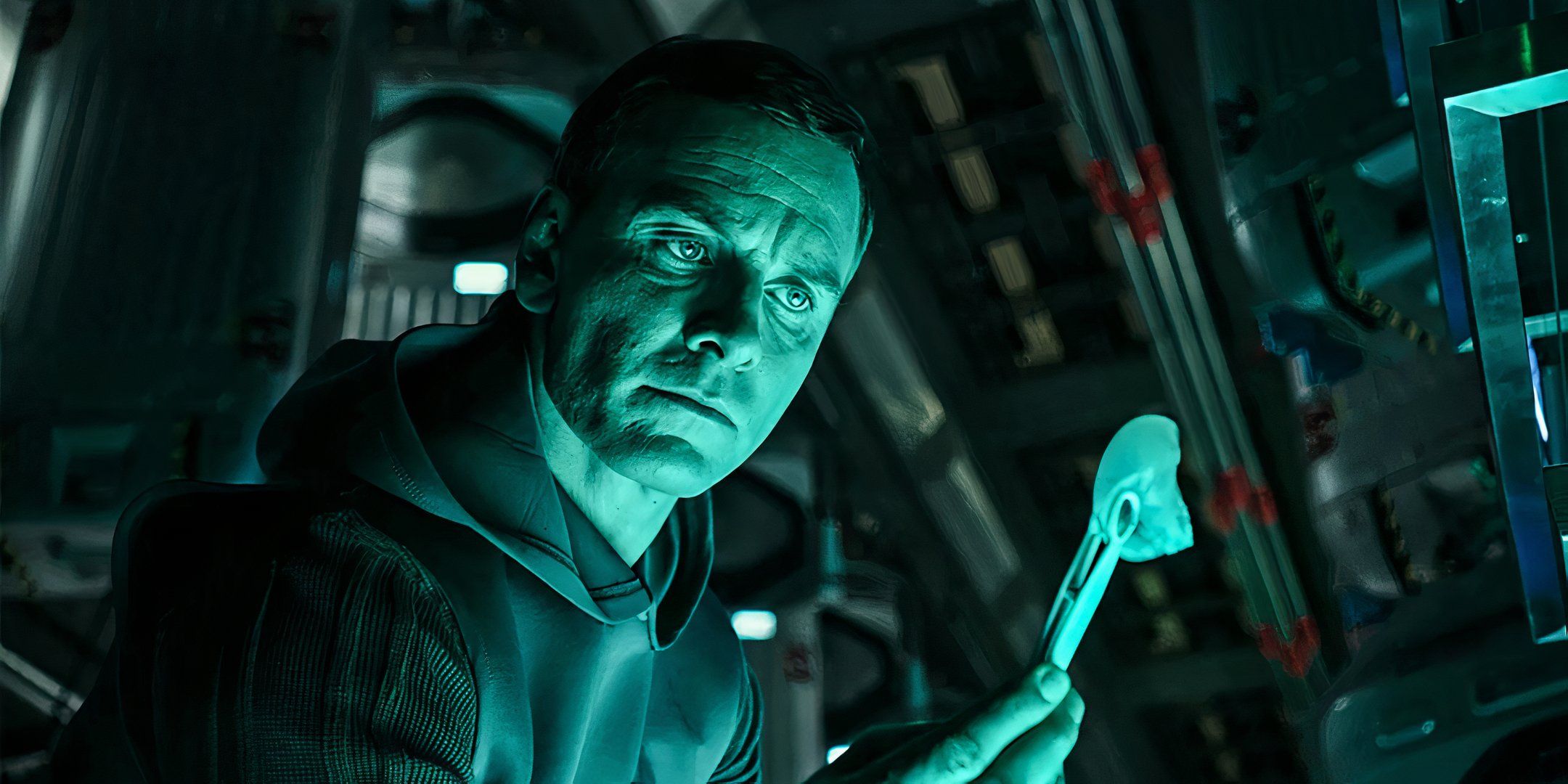
Custom Image by Grant Hermanns
This was a sloppy approach to mapping out a story, andCovenant’sdisjointed feel speaks to that.
Despite Scott’s wish to continue with thePrometheussaga, that simply wasn’t going to happen.
Alien: Romulus is set to get a sequel, but could Michael Fassbender’s David return?

Custom Image by Grant Hermanns
Had the most recentAlienfilm been a continuation of Scott’s prequels, the response may have been entirely different.
Source:The Numbers,Yahoo!
Initially seeming like a paradise, the planet soon reveals dark secrets.

Custom Image by Milica Djordjevic
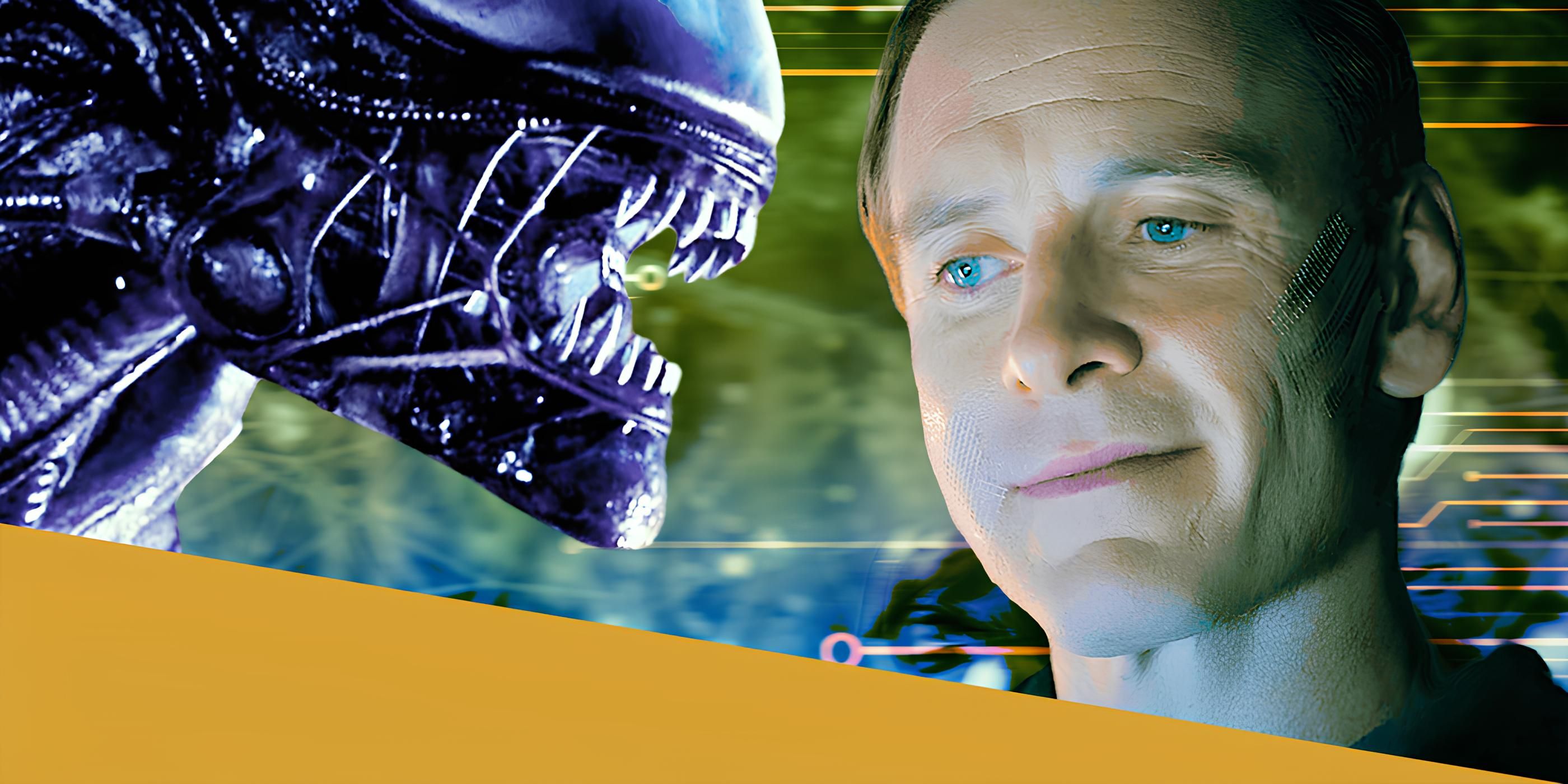
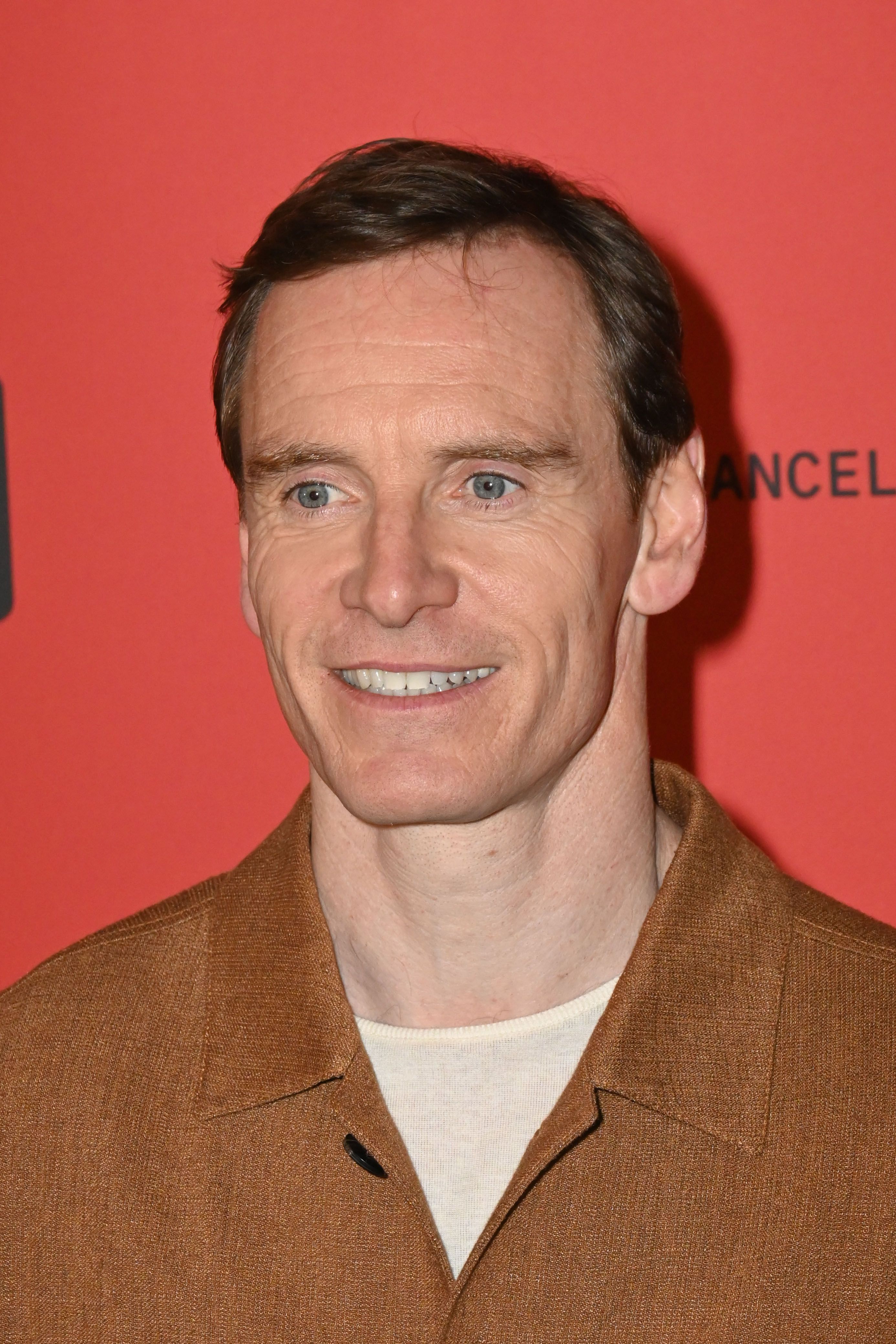

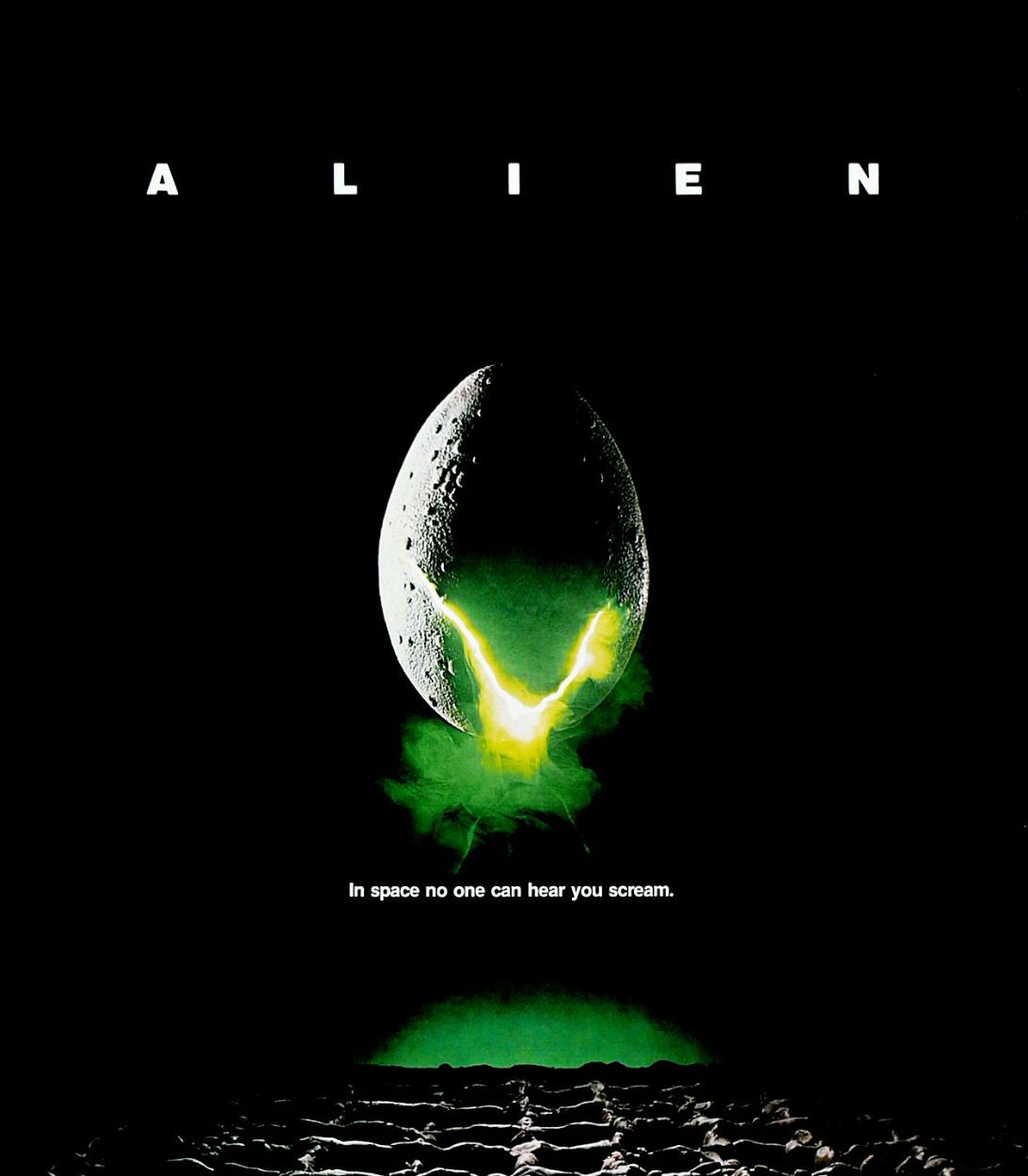
The Alien franchise, which began with Ridley Scott’s 1979 film, is a Sci-Fi series comprised of several horror films, games, and comic books centered on humanity’s encounters with a hostile extraterrestrial species known as Xenomorphs. Characterized by their lethal prowess and capability to reproduce at an alarming rate, these creatures pose a profound threat to human existence. The primary series protagonist, Ellen Ripley, acts as the voice of reason as she seeks to keep the creatures out of the hands of greed-driven corporate scientists.

